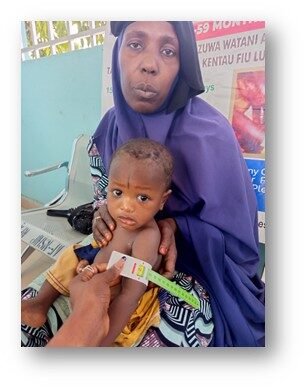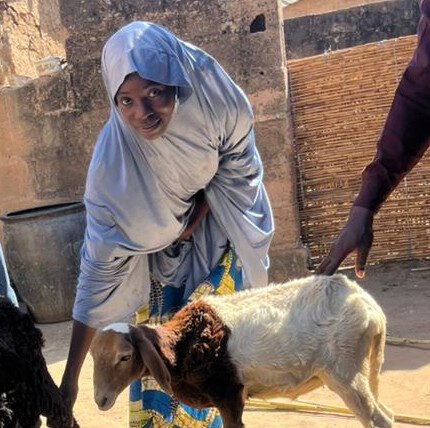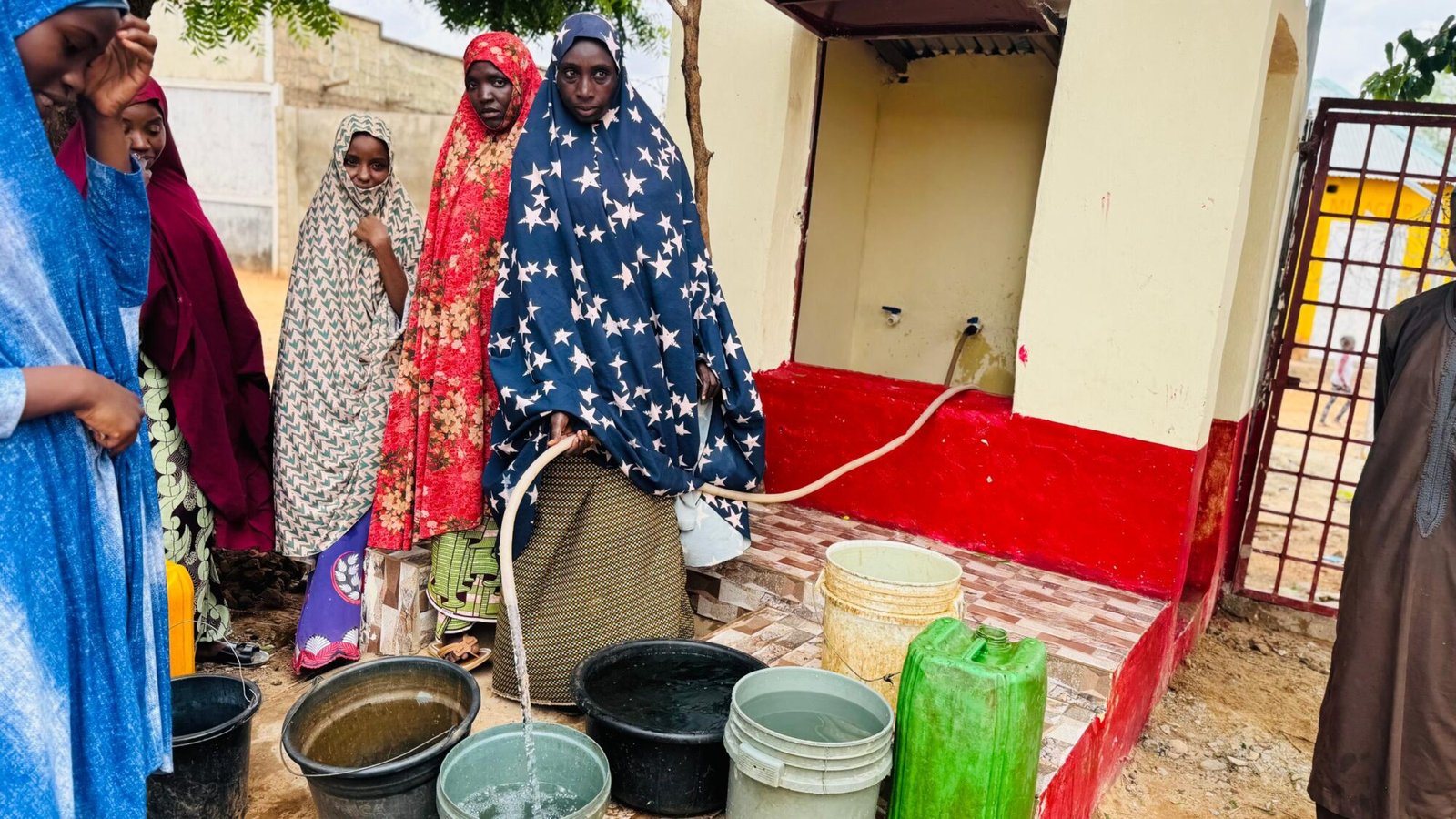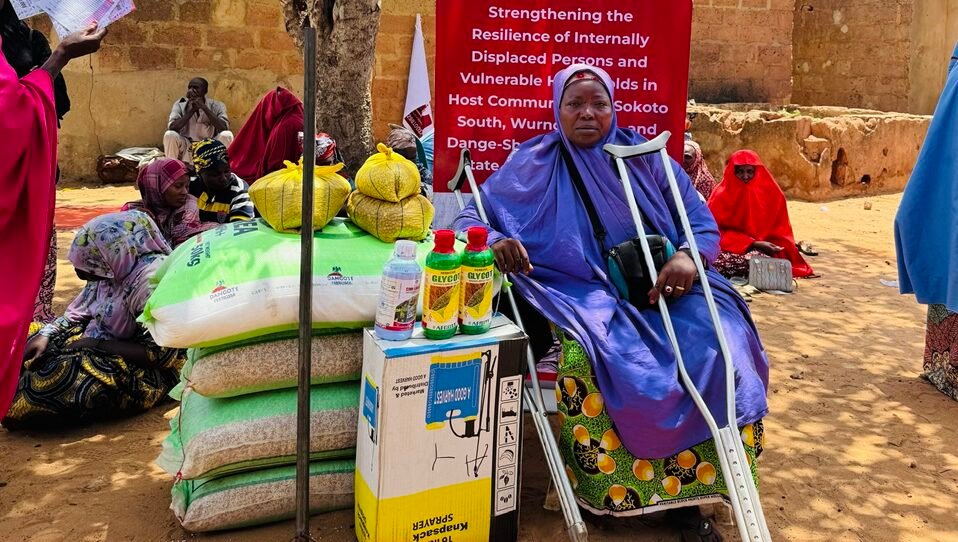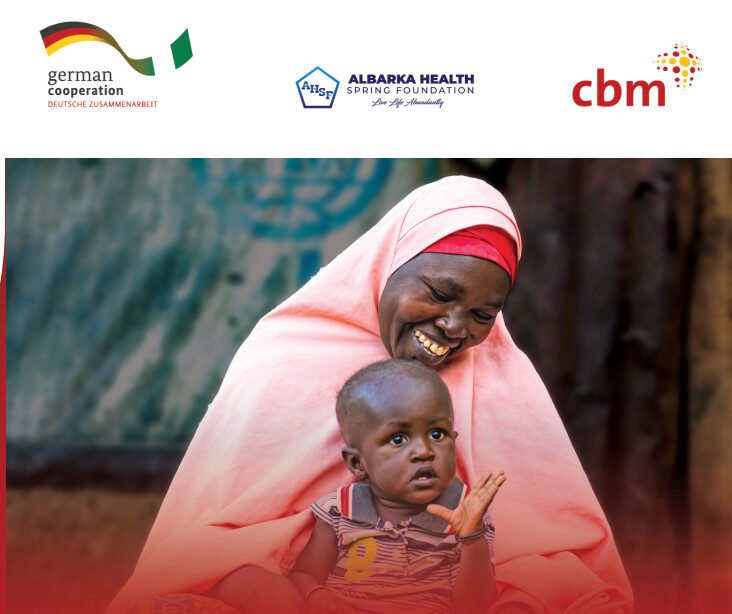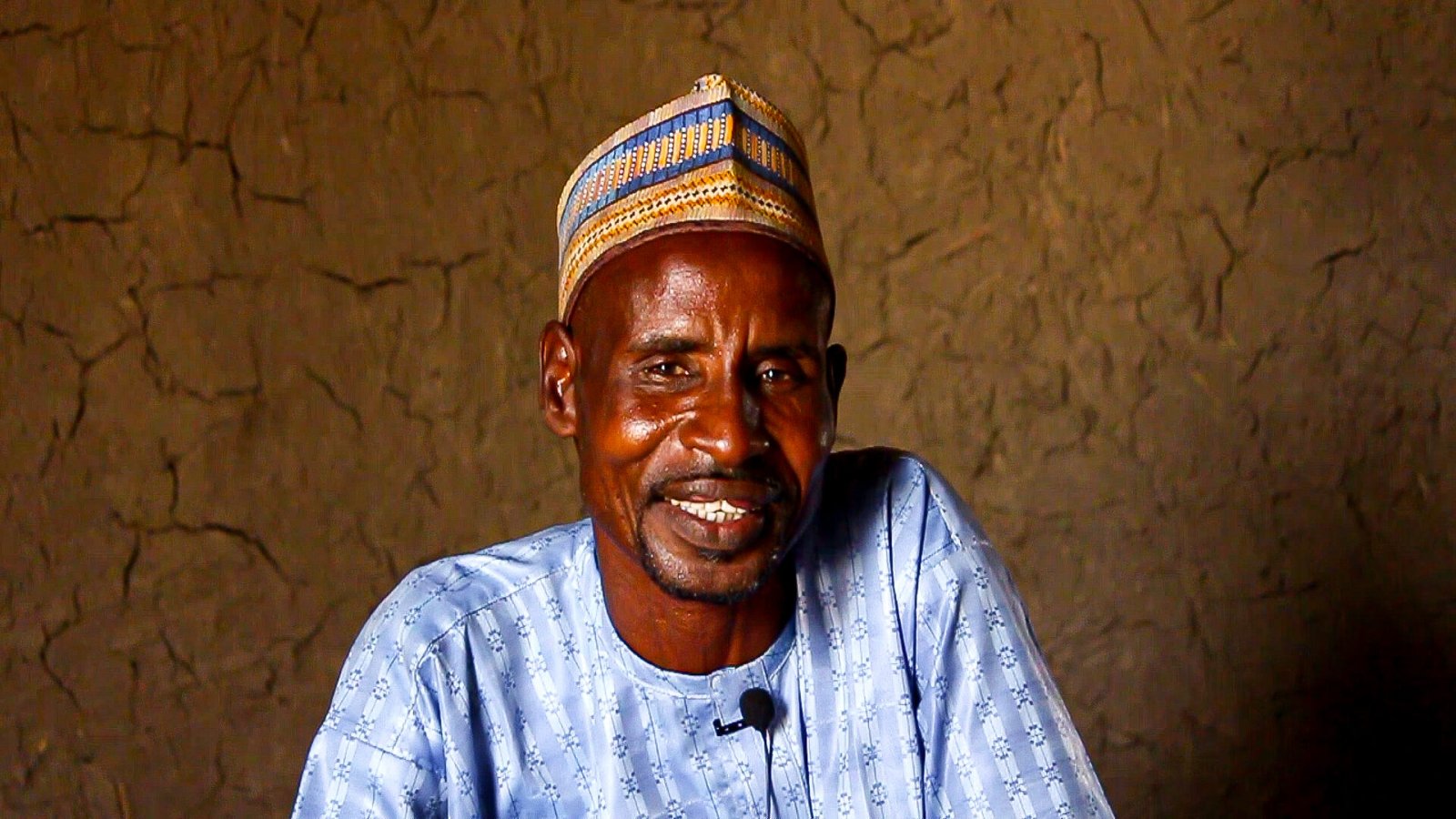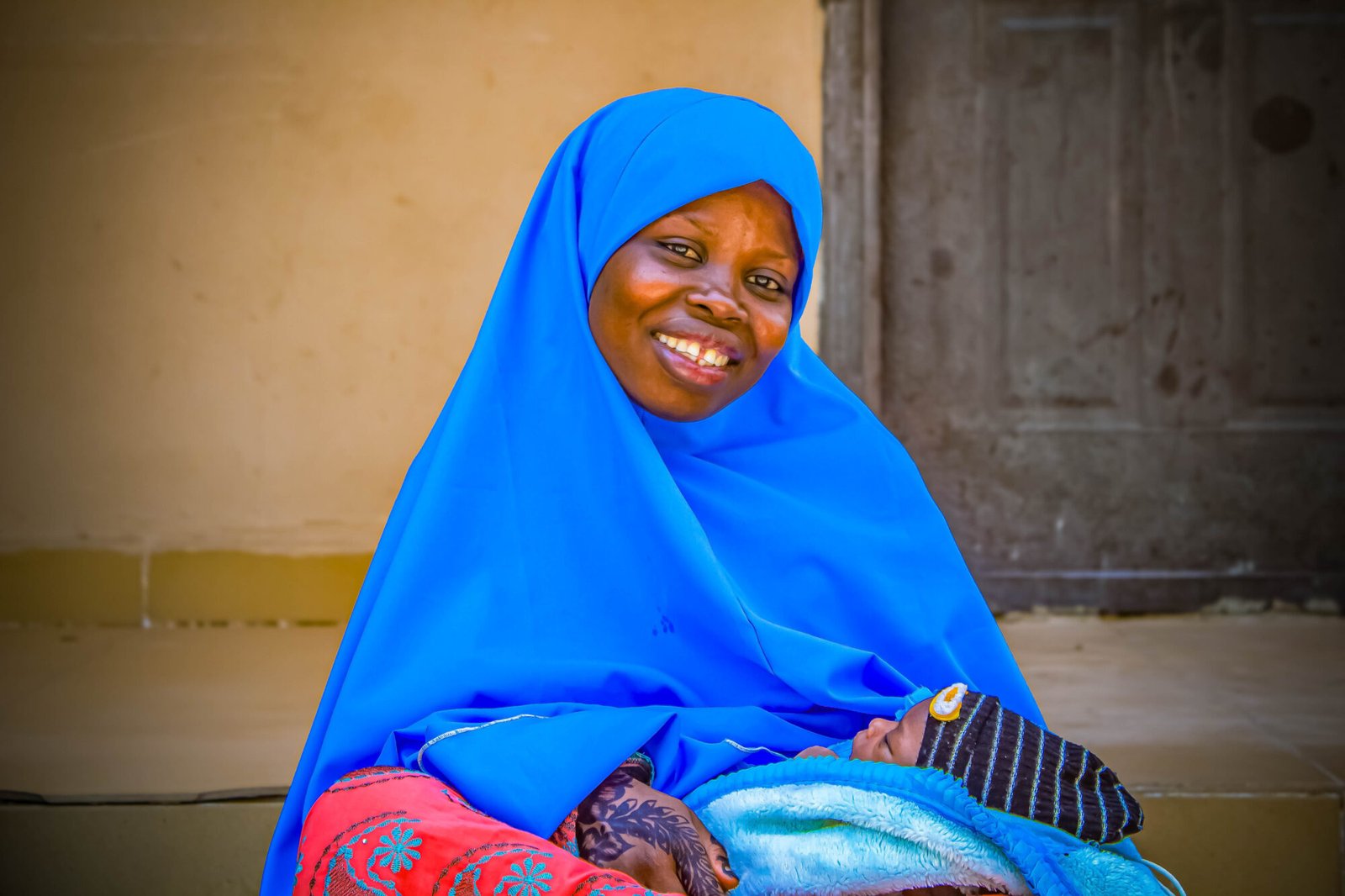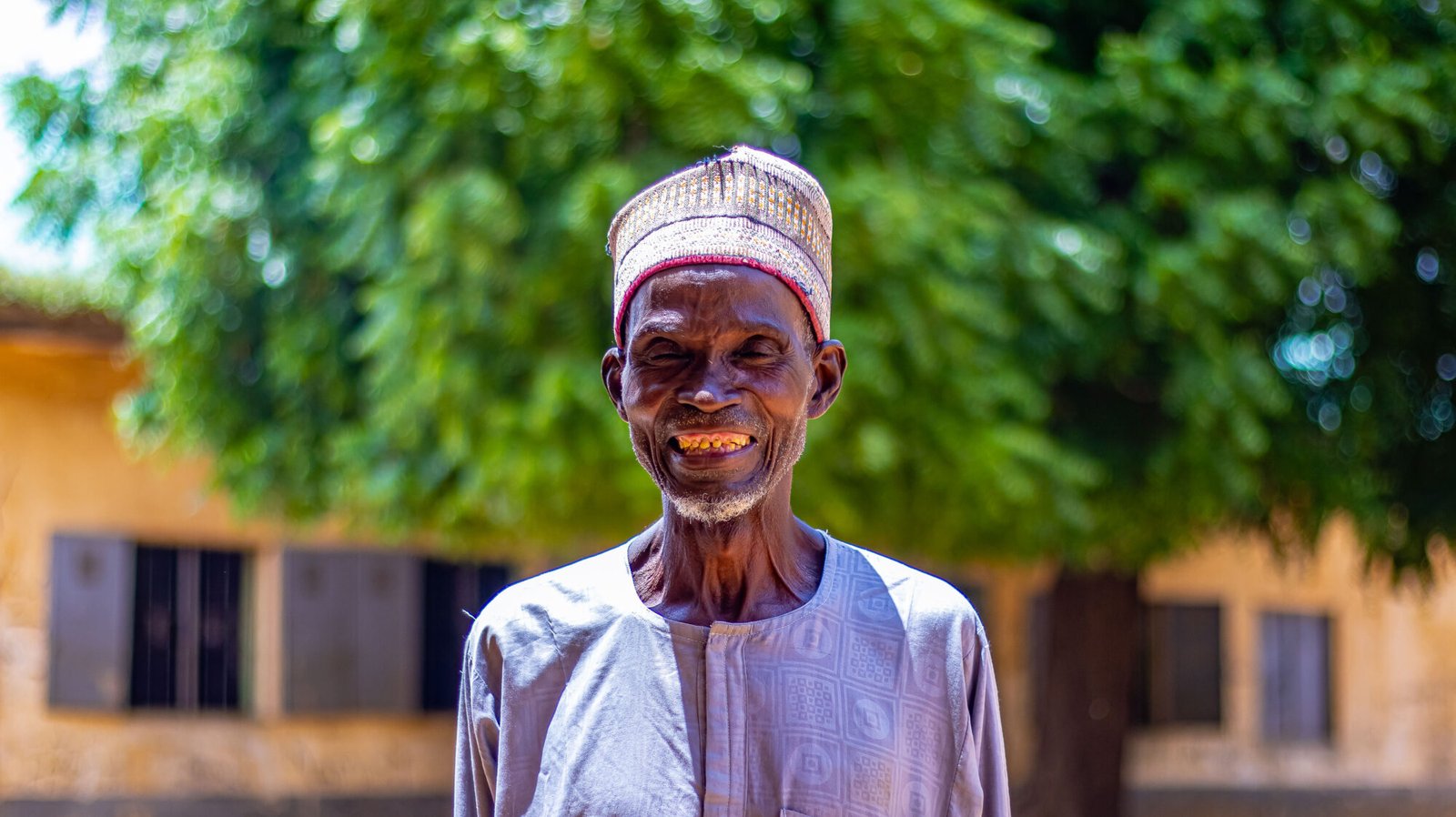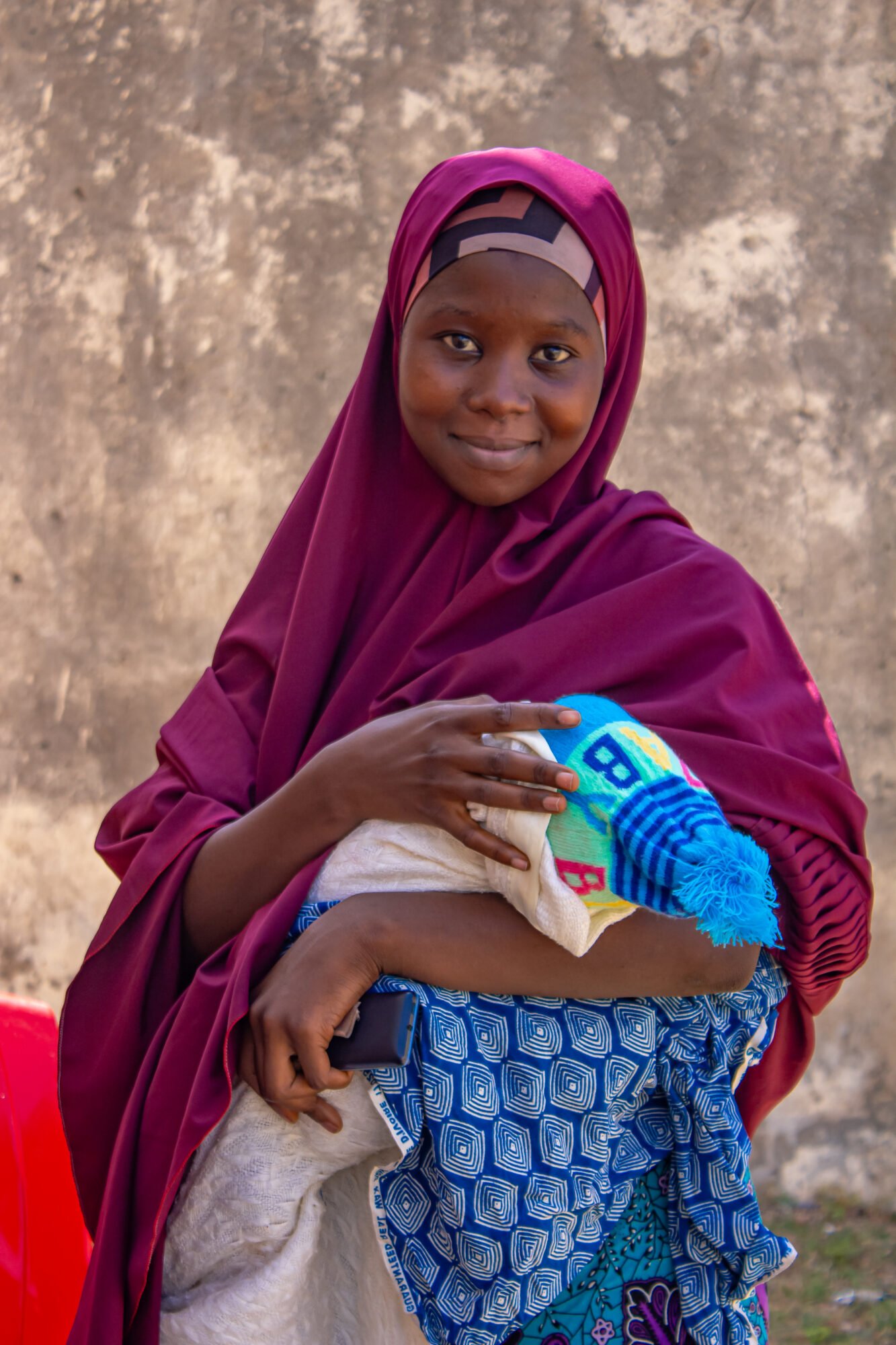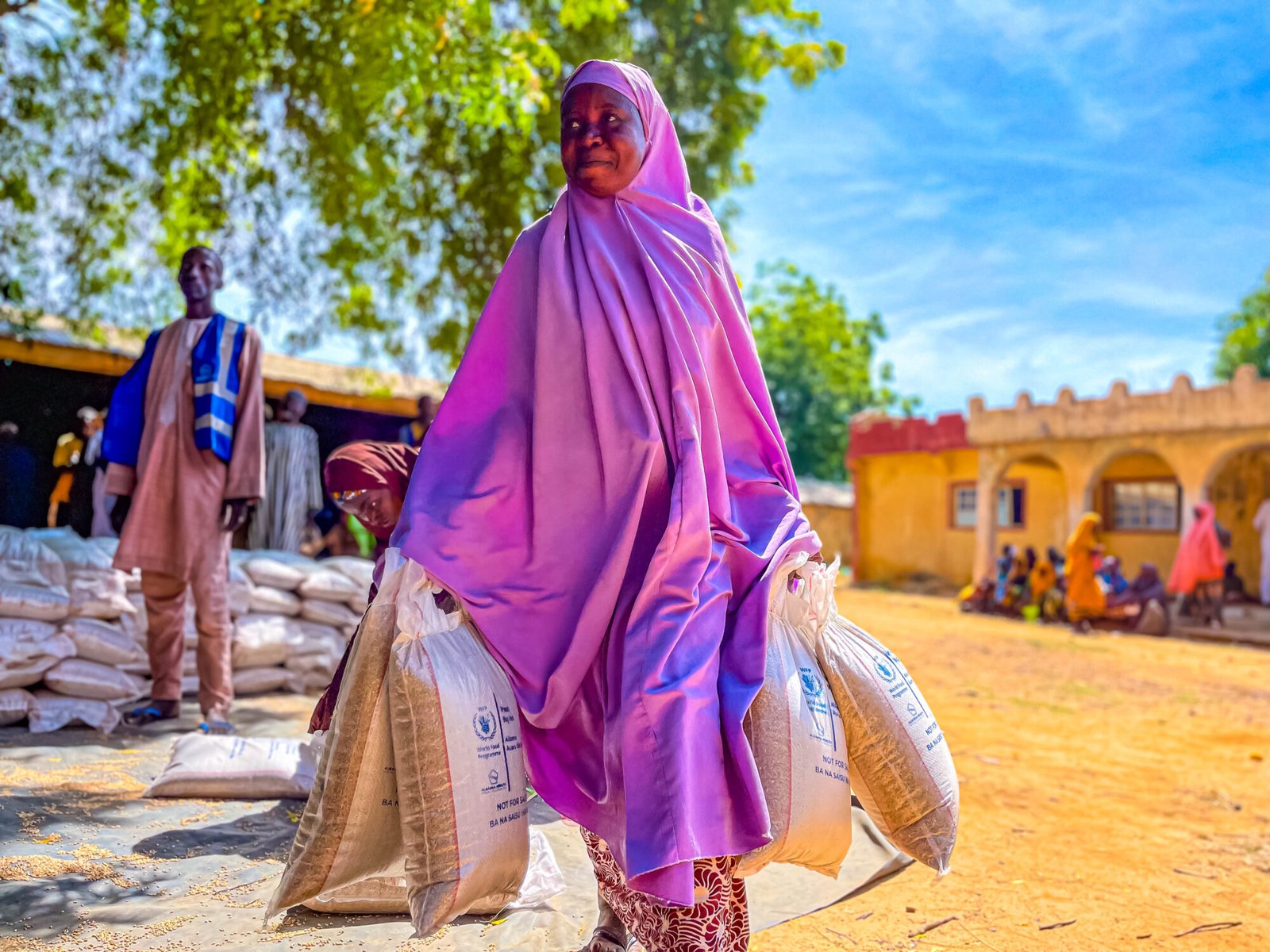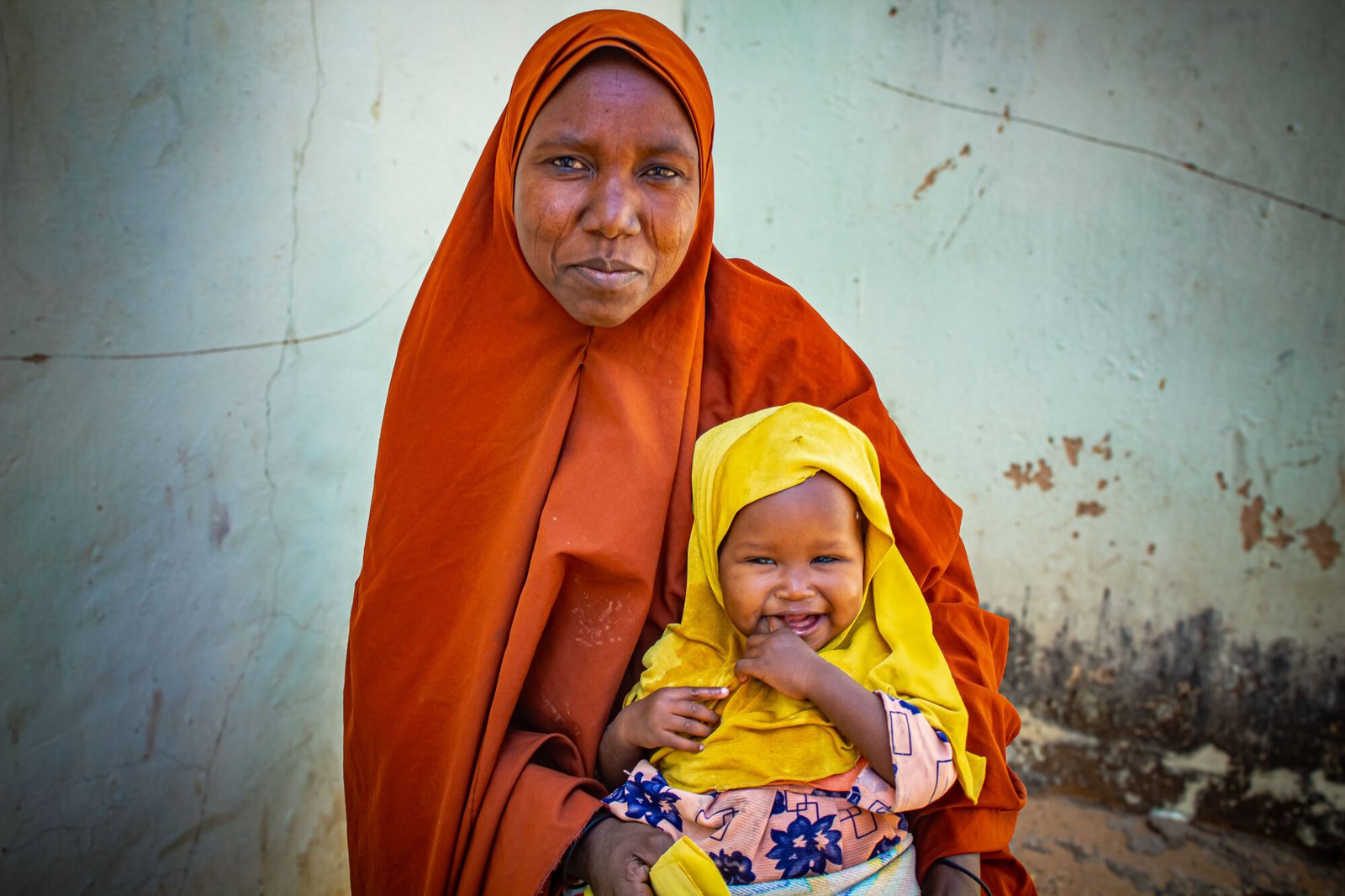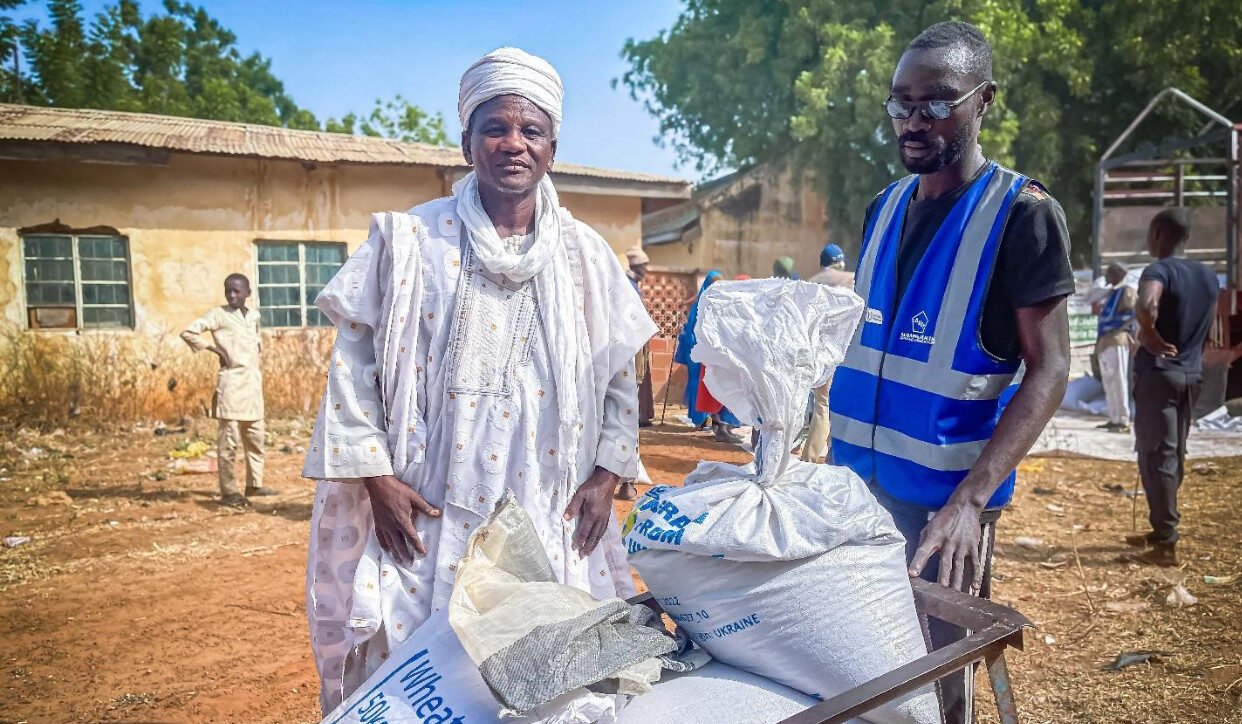In Monguno LGA at Kuya Camp, Borno State, Musa Lima’s life was forever changed by the dual threat of relentless floods and life-threatening diseases. For years, his community had battled seasonal deluges that washed away homes, belongings, and, more insidiously, health. The floods not only disrupted daily life but also created breeding grounds for diseases such as malaria and cholera, ailments that struck with little warning and left devastation in their wake.
One fateful morning, after enduring several days of unrelenting fever and debilitating weakness, Musa found himself at the edge of death.
“I believed I could endure it,” he recalls, “but the weakness that gripped me was unlike anything I had ever experienced before.”
His ignorance of the early signs and his misplaced confidence in his ability to withstand nature’s fury nearly cost him his life.
At that critical moment, a ray of hope emerged. The Albarka Health Spring Foundation (AHSF), supported by the Nigerian Humanitarian Fund (NHF), had launched an innovative primary healthcare initiative aimed specifically at flood-affected communities. Mobile health teams, composed of dedicated and highly trained professionals, were deployed across the camps and host communities, bringing essential medical services directly to those in need.
During one of their routine visits to Kuya Camp, Musa was diagnosed with severe malaria compounded by cholera, an ominous combination worsened by the unsanitary conditions left by the floods. The swift intervention of the mobile team, which provided timely medication and critical care, was the lifeline that pulled him back from the brink of death.
Reflecting on his ordeal, Musa emphasizes that the intervention was more than just a medical cure; it was an awakening. “It wasn’t just about the medications,” he says, “it was about enlightenment, comprehension, and taking decisive action.” This experience reshaped his understanding of health, driving him to advocate for early medical intervention and heightened awareness among his community.
Today, Musa stands as a living testament to the transformative power of accessible primary healthcare. He actively encourages his neighbors to seek timely medical support and to heed the lessons learned from his near-fatal mistake. His message is clear: ignorance can be deadly, but through awareness and prompt action, lives can be saved, and destinies reshaped.

